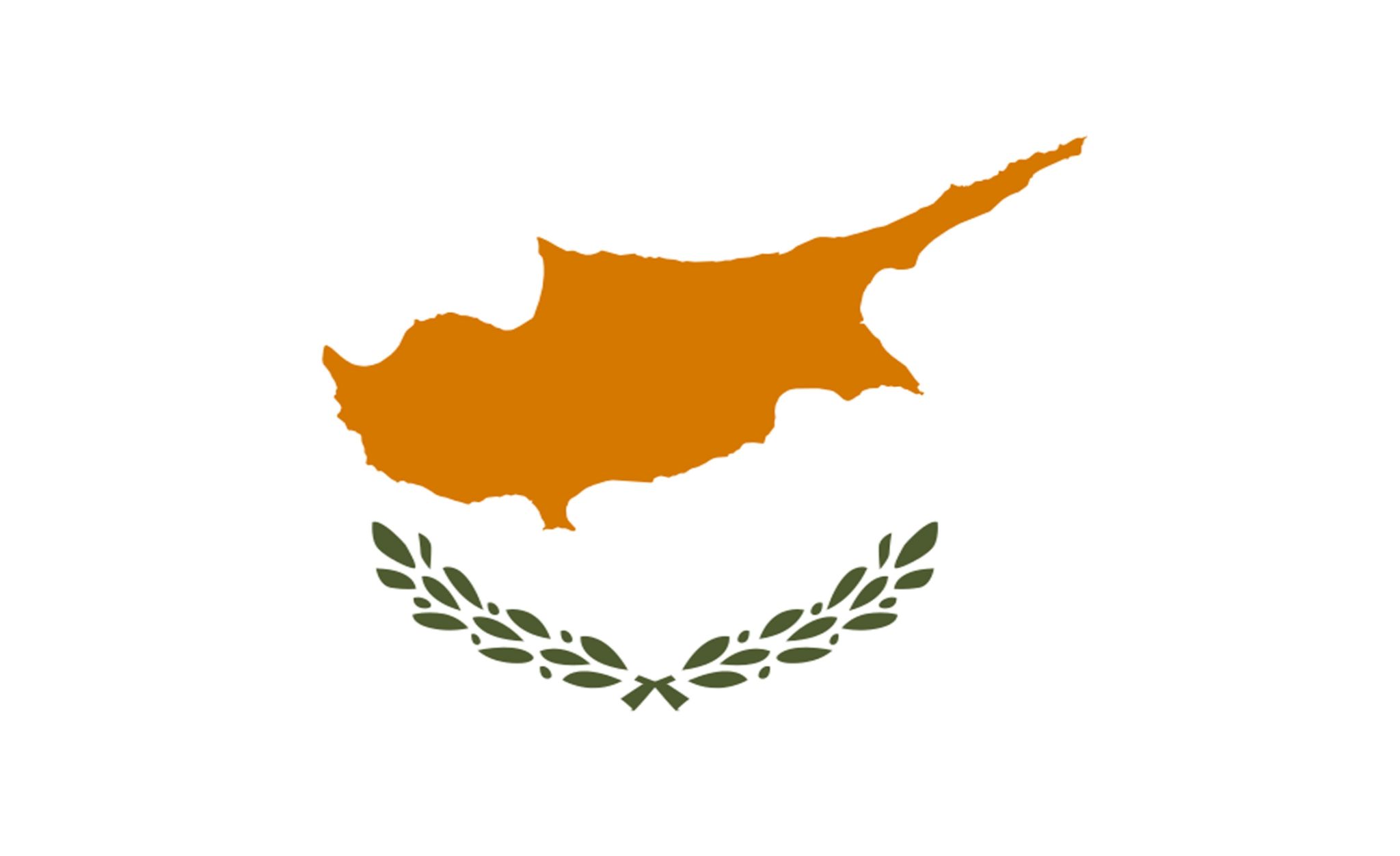Top Legal Tips for Expats Living in Limassol
Understanding Residency Requirements
For expats living in Limassol, understanding residency requirements is crucial. In Cyprus, there are different types of permits available based on your nationality and purpose of stay. The two main categories are EU citizens and non-EU citizens. EU citizens have relatively straightforward requirements, while non-EU citizens may need to navigate more complex processes.

Temporary and Permanent Residency Permits
For short-term stays, a temporary residency permit is usually sufficient. This allows expats to live and work in Limassol for a set period. For those planning a long-term stay, applying for a permanent residency permit is advisable. It's essential to gather all necessary documentation, including proof of income and health insurance, to streamline the process.
Property Ownership Regulations
Buying property in Limassol can be an attractive option for expats. Understanding the local regulations is vital to ensure a smooth transaction. Non-EU citizens should be aware of specific restrictions regarding property purchases. Generally, non-EU nationals can buy one property for personal use, subject to approval from the Council of Ministers.

Legal Assistance for Property Transactions
It's highly recommended to seek legal assistance when purchasing property in Limassol. A qualified lawyer can help navigate the complexities of property law, ensuring that all contracts are in order and that your rights are protected throughout the transaction. This step is crucial to avoid any potential legal issues in the future.
Taxation and Financial Obligations
Taxation is another critical area for expats in Limassol to consider. Cyprus offers attractive tax rates, but it's essential to understand your obligations fully. Expats should familiarize themselves with income tax regulations, property taxes, and any other applicable levies to ensure compliance.
Utilizing Tax Professionals
Engaging a tax professional who understands both local and international tax laws can be beneficial. They can provide personalized advice and assist with filing requirements, helping expats maximize their tax efficiency while adhering to local laws.

Employment Laws and Work Permits
For expats planning to work in Limassol, understanding local employment laws is vital. Non-EU citizens typically require a work permit to legally work in Cyprus. This permit is usually linked to a specific job offer from a Cypriot employer.
Employee Rights and Protections
It's important for expats to be aware of their rights as employees under Cypriot law. This includes understanding working hours, minimum wage standards, and conditions for termination of employment. Familiarizing yourself with these regulations can ensure a positive work experience in Limassol.
Protecting Your Rights with Legal Assistance
Overall, having access to reliable legal assistance can be invaluable for expats living in Limassol. Whether dealing with residency issues, property transactions, or employment matters, professional legal advice can help protect your rights and ensure compliance with Cypriot law.

